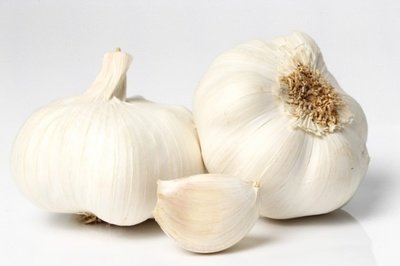Garlic has been used for millennia in the treatment of a variety of human diseases and metabolic disorders. However, a review of the scientific literature suggests it could also have value as an inhalation therapy in the treatment of pulmonary infections caused by COVID-19 infection, and associated secondary bacterial infections, a significant cause of mortality in hospitalised patients.
Allicin, the principal active ingredient in garlic, has marked antimicrobial and antifungal properties and is active against many viruses including coronavirus (CoV) and severe acute respiratory syndrome coronavirus (SARS-CoV). The crucial event in the life cycle of all viruses is the entry of genetic material into the host cell. In the case of COVID-19, this is facilitated by glycosylated spike (S) proteins, which cover the surface of the SARS-CoV-2 virus and attach to the host cell receptor. A type 2 serine protease located on the host cell membrane then promotes virus entry into the cell. Once in the cell, the viral RNA is replicated and structural proteins are synthesised, assembled and packaged in the host cell, after which more new viral particles are released. Recent molecular screening and docking techniques suggest that allicin may inhibit the host’s protease activity and thus may prevent virus penetration and replication.
Allicin and other components of garlic extract are also effective quorum-sensing inhibitors, preventing and disrupting biofilms produced by numerous species of pathogenic bacteria, including P. aeruginosa, which can cause intractable pulmonary infections.
No controlled studies involving nebulised allicin have yet appeared in the scientific literature, although some anecdotal reports exist. Allicin appears to be safe, cheap and freely available, and the use of this material in nebulised form could be worthy of further scientific investigation.
Post time: Jun-29-2022
